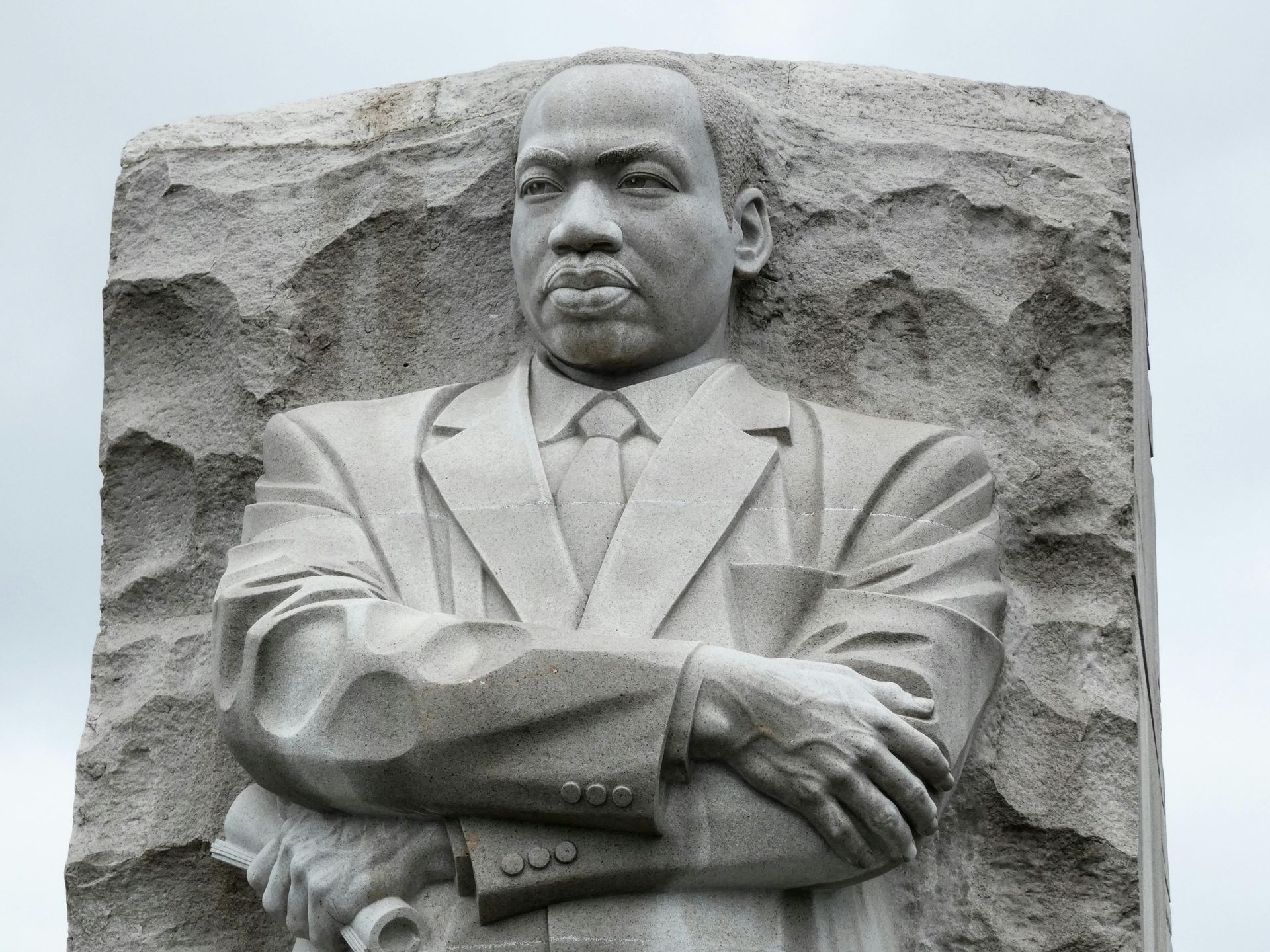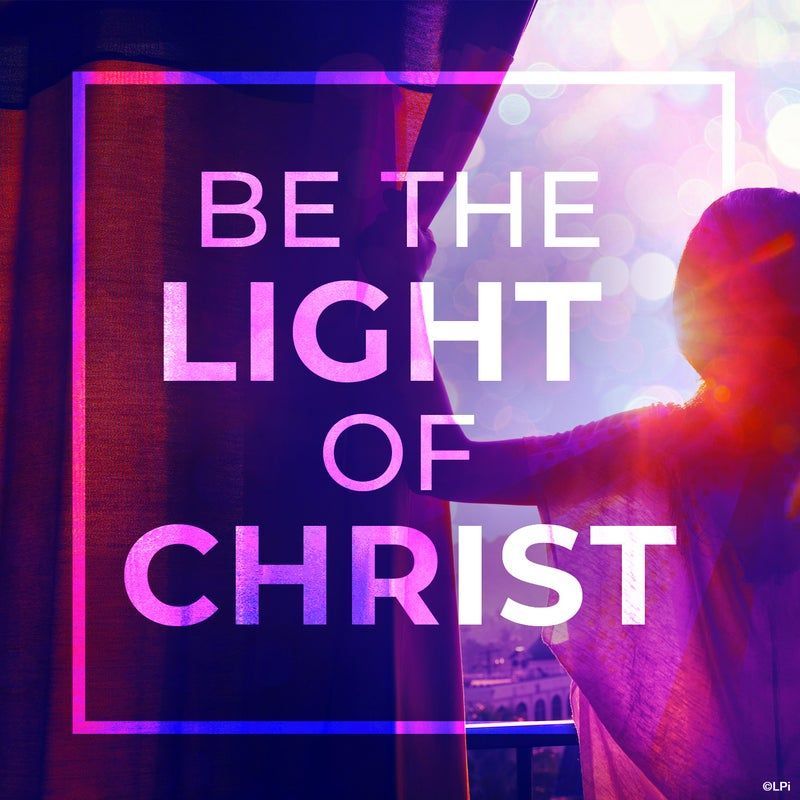Holy Trinity, May 26, 2024
Holy Trinity
May 26, 2024
A few months ago, I began playing the game Connections online each day. The game consists of 16 words that you need to put into groups of four with a common element. Last week one of the groups was party games, I knew three of the games, I had never heard of “Werewolf”. I was discussing this with a friend which led to a discussion of party games in our past. I shared that I liked the Farmer in the Dell. She asked if I liked being the rat that sits alone, I said no. I think I like the walking in circles and singing, “The farmer in the Dell, Hi ho the Dario, the farmer in the dell.”
Today we celebrate the feast of the Holy Trinity. One of the ancient descriptions of the Trinity is a divine dance of love. I liked Fr. Donder’s reflection for today in the Give Us This Day book.
“What do those three in one do?”
The answer is found in a Greek word, a beautiful word: epichoresis. That means a dance. They are dancing hand in hand, three in one, enjoying one another, enjoying their lives.
If that is true, and if we are their children, it should be true of us, too. If that is true, that dance must be the core of their divine culture.
In Kenya, this intuition has special significance. [It has been said] that the core of African culture is the dance.
Not the dance around something. Not a dance around a golden calf, but the dance in which men and women, the old ones and the young ones, enjoy and dance and celebrate their lives together in peace and community without fear, not thinking of themselves alone. To be able to live that life, to be able to dance that song, we must be like them, those three in one, without fear of one another.
The Trinity is a divine dance of love. In our life, as we dance through our days, we discover the Trinity is with us, dancing in love for each one of us.
Maybe the trinity can be found in a child’s game, we hold hands in a circle and none of us are the rat alone, our God is always with us . We all reach out and touch the trinity, as we dance, we sing, “The Trinity of God, the father, the son, and the Holy Spirit, hi, ho the Dario, the Trinity of God.”

Now that we are beyond the Christmas season, we are returning to normal. In our first reading, Isaiah reminds us that we are servants. In this new year of grace, we are called to be servants. We are learning about humility; being humble means thinking less of myself and more of others. Is this what it means to be a servant? We hear the words of Isaiah as we begin the annual week of Christian unity. It is wonderful that men and women from different denominations can come together in prayer. This afternoon many will gather to remember the life and witness of Dr. Martin Luther King, Jr. Dr. King was a true servant to the mission of justice for all God’s people. Dr. King was a Christian who acted as a servant to the kingdom of God. Dr. King was a dreamer who shared his dream with the world. I have a dream that my four little children will one day live in a nation where they will not be judged by the color of their skin but by the content of their character. I have a dream . . . I have a dream that one day in Alabama, with its vicious racists, with its governor having his lips dripping with the words of interposition and nullification, one day right there in Alabama little black boys and black girls will be able to join hands with little white boys and white girls as sisters and brothers. I have a dream today . . . This will be the day when all of God’s children will be able to sing with new meaning. “My country, ’tis of thee, sweet land of liberty, of thee I sing. Land where my fathers died, land of the pilgrim’s pride, from every mountain side, let freedom ring.” And if America is to be a great nation, this must become true. So let freedom ring from the prodigious hilltops of New Hampshire. Let freedom ring from the mighty mountains of New York. Let freedom ring from the heightening Alleghenies of Pennsylvania. Let freedom ring from the snowcapped Rockies of Colorado. Let freedom ring from the curvaceous slopes of California. Being a servant of the gospel means being a dreamer who works to make the dream a reality. With our brothers and sisters of many faiths, we are servants of the kingdom of God. Like John the Baptist, we prepare the way for the coming of God’s kingdom. Each one of us, have been baptized and received the gift of the Holy Spirit. With the spirit to help us we are servants of the kingdom of God.

From Pope Leo’s Christmas homily: “For millennia, across the earth, peoples have gazed up at the sky, giving names to the silent stars, and seeing images therein. In their imaginative yearning, they tried to read the future in the heavens, seeking on high for a truth that was absent below amidst their homes. Yet, as if grasping in the dark, they remained lost, confounded by their own oracles. On this night, however, “the people who walked in darkness have seen a great light; those who dwelt in a land of deep darkness, on them has light shined” (Isaiah 9:2). Behold the star that astonishes the world, a spark newly lit and blazing with life: “To you is born this day in the city of David a Savior, who is the Messiah, the Lord” (Luke 2:11). Into time and space — in our midst — comes the One without whom we would not exist. He who gives his life for us lives among us, illuminating the night with his light of salvation. There is no darkness that this star does not illumine, for by its light all humanity beholds the dawn of a new and eternal life.” Stars are what this season of Christmas is all about. We look at the night sky and see the stars that remind us of the nativity of our Lord. At night God comes to speak to us in dreams. Sometimes the dreams tell what to do as they did for Joseph and the Magi. The star in today’s celebration is a star that points out the birth of the Christ child. Each child is born with a divine spark. Each human person has the dignity of being a child of God. I am reminded of the words of Leonard Bernstein. He calls his poem Greeting : “When a boy is born, the world is born again and takes its first breath with him. When a girl is born the world stops turning round and keeps a moment hushed wonder. Every time a child is born, for the space of that brief instant, the world is pure." This time of year, we celebrate the birth of our God. The stars on our trees remind us of our connection with our God. The words of Frost are appropriate here: O Star (the fairest one in sight), We grant your loftiness the right To some obscurity of cloud— It will not do to say of night, Since dark is what brings out your light. Some mystery becomes the proud. But to be wholly taciturn In your reserve is not allowed. Say something to us we can learn By heart and when alone repeat. Say something! And it says, ‘I burn.’ But say with what degree of heat. Talk Fahrenheit, talk Centigrade. Use language we can comprehend. Tell us what elements you blend. It gives us strangely little aid, But does tell something in the end. And steadfast as Keats’ Eremite, Not even stooping from its sphere, It asks a little of us here. It asks of us a certain height, So when at times the mob is swayed To carry praise or blame too far, We may choose something like a star To stay our minds on and be staid. Like Mary, we ponder all these things in our heart. As we begin this new year, we are to be like the star who ponders all things. Sometimes it will mean to burn, it will not always be clear, but with the heart of Christ to guide us we will make sense of it. On this New Year's Day, we look to the stars and ponder what this Christmas 2025 has meant to us.

Isaiah prophesied: The people who walked in darkness have seen a great light; upon those who dwelt in the land of gloom a light has shone. (Is 9:1) John the Evangelist wrote: ...the light shines in the darkness, and the darkness has not overcome it…(Jn 1:5) The true light, which enlightens everyone, was coming into the world (Jn 1:9) And Jesus said: ...I am the light of the world. Whoever follows me will not walk in darkness, but will have the light of life…(Jn 8:12) Beginning with Isaiah’s prophecy of the Light of Emmanuel — God-with-us — some 2,800 years ago, through to Christ’s entry into this world of darkness in Bethlehem as the Child of Light, to his ministry of Light and Life, and racing through the millennia to us today throughout the world, to us here in St. Mary’s parish, to the family whose children were baptized at St. Mary’s this past weekend: The True Light of the World, the Dayspring from on high, the One Morning Star that never sets, the Word who existed in the beginning with God and who, from the beginning, was God, Jesus Christ the Light continually breaks into the darkness of our world and dark nights of our lives. At each Christmas, in the dark night of the world, we celebrate the daybreak of the Light of Christ coming into the world. At each Easter, we celebrate the breaking forth of the Light and Life of the Resurrected Christ from the darkness of the tomb of sin and death. And at each baptism, we recall and celebrate both, as we light the baptismal candle from the Paschal candle (that is, the Christ Candle) and say to the newly baptized, “Receive the Light of Christ.” We then give the parents and godparents, but frankly all of us , a solemn charge: This light is entrusted to you to be kept burning brightly. This child…has been enlightened by Christ. [They are] to walk always as a child of the light. We are to walk not only as children of God enlightened by Christ, but we are to walk also — each one of us — as bearers of Christ and His Light into the world. We can each bear a torch of the Christ Light as we walk with one another through the dark valleys of the night of each other’s lives, illuminating the darkened path for our sisters or brothers, walking with them as long as we can, until another bearer of Christ’s Light joins us to journey with them further. Never underestimate the brightness of Christ’s Light in the smallest of actions, a kind word or simple deed. In fact, St. Mother Teresa of Kolkata counselled that the smallest of our actions may be infused with the brightest light of love. She said: Don’t look for the big things, just do small things with great love…the smaller the thing, the greater must be our love. And never forget that a light appears as its brightest in the deepest dark of night. The Christ Light in the smallest of our actions may be the brightest light in the darkest part of the night of someone's life. My sisters and brothers, the Light of Christ has been entrusted to us to be kept burning brightly, not for ourselves alone, but for the life of the world. Let us walk with one another, sharing the Christ-Light entrusted to us with each other and with the world outside the walls of this Church!



